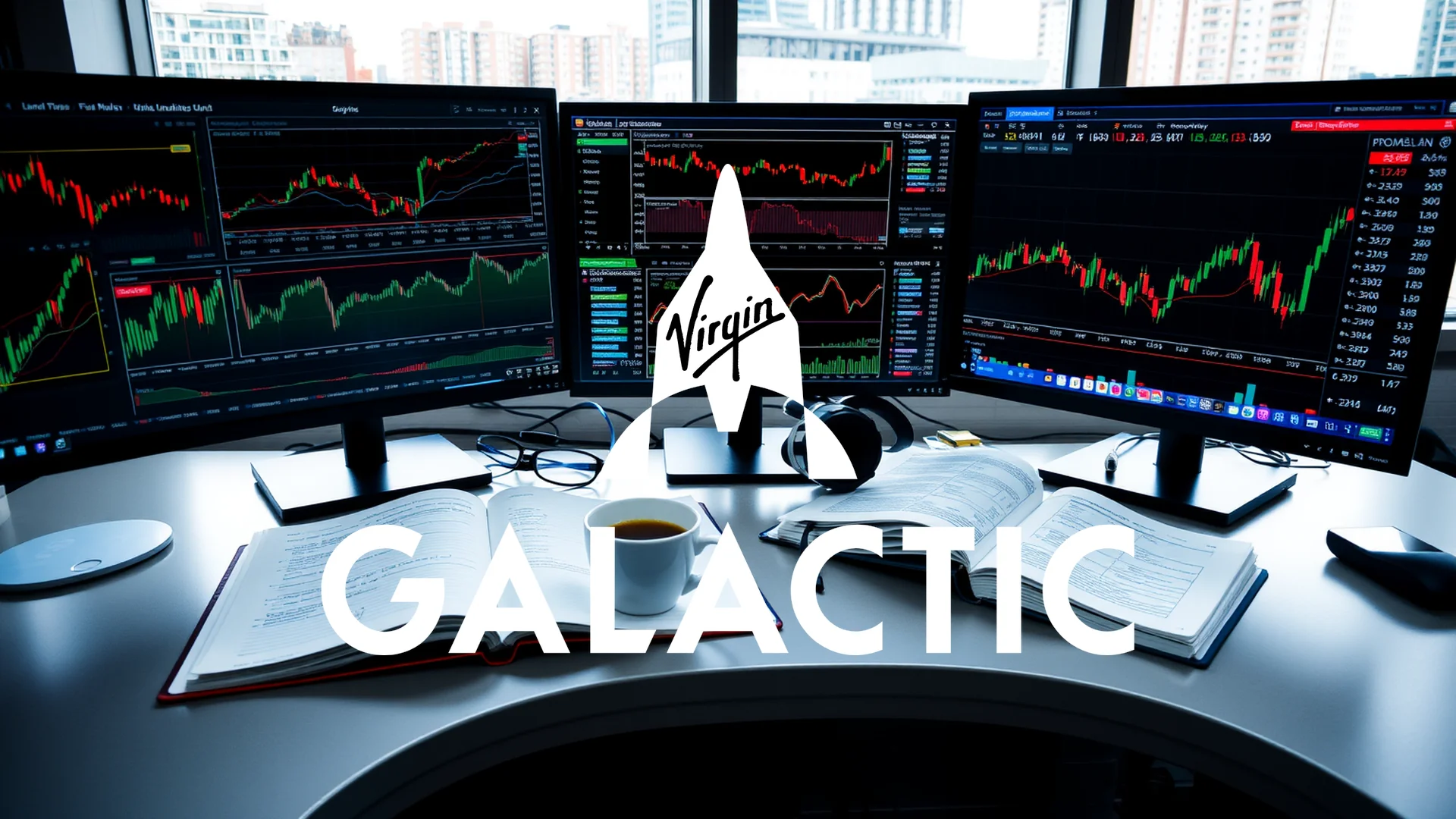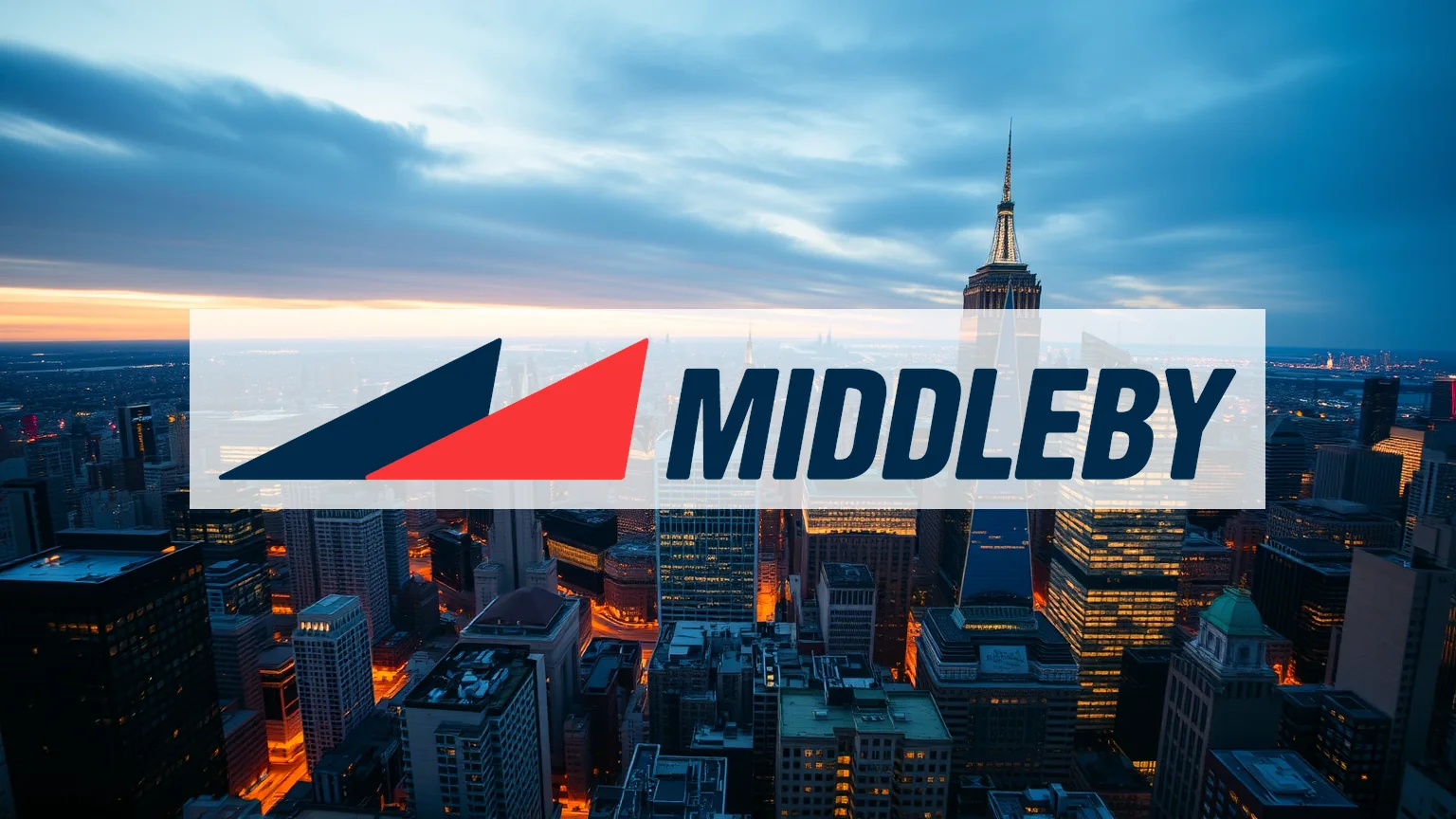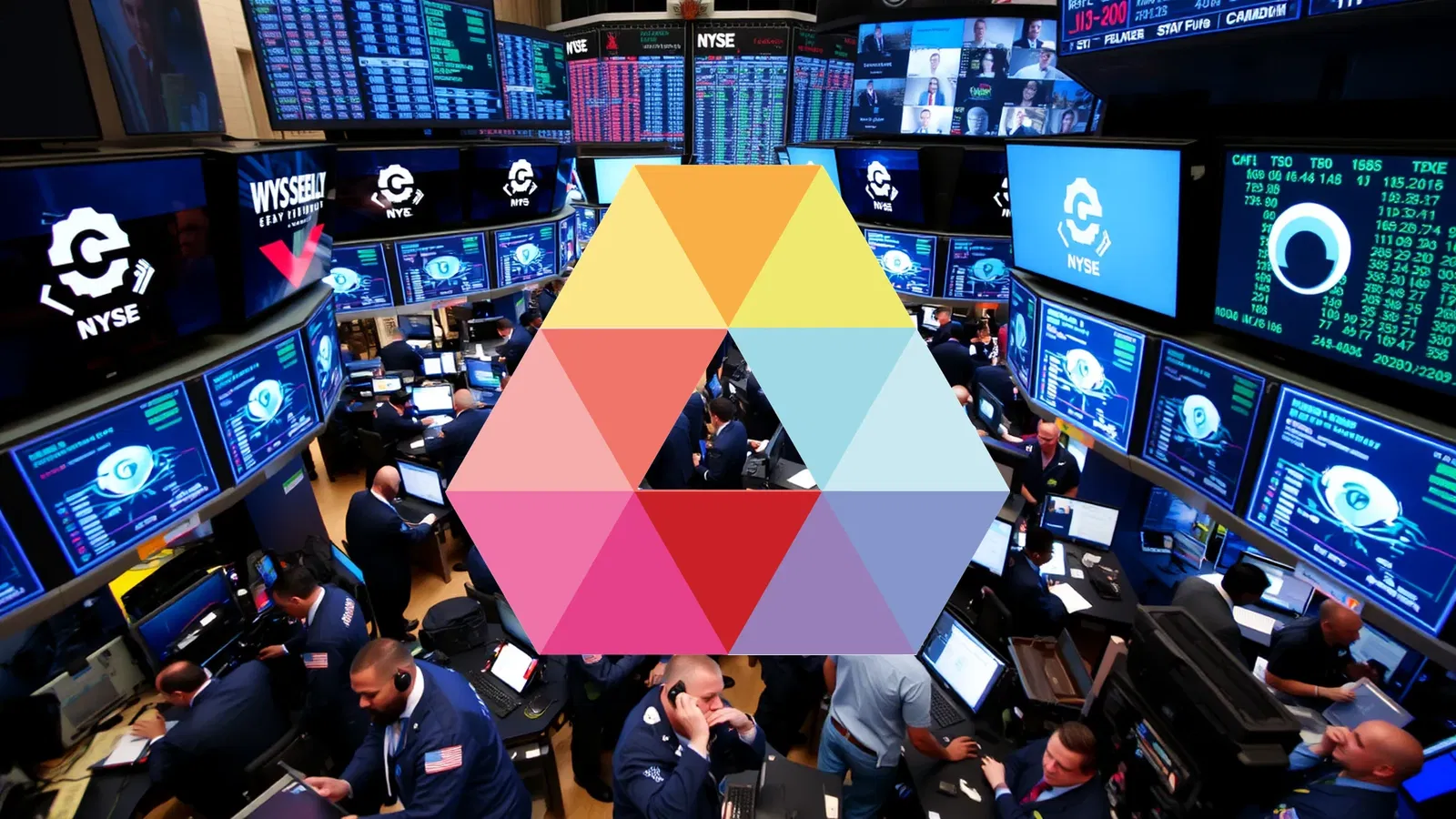The commercial space sector presents investors with two compelling yet fundamentally different opportunities. Virgin Galactic Holdings (SPCE) focuses on luxury space tourism for ultra-wealthy clients, while Rocket Lab USA (RKLB) dominates satellite launch services and space systems. Both companies aim to capitalize on space commercialization, but their strategies and risk profiles diverge significantly.
Market Positioning and Growth Trajectories
Rocket Lab operates within the rapidly expanding small satellite market, which is projected to grow from $8.45 billion in 2024 to $25.32 billion by 2033, representing a 12.45% compound annual growth rate. The company provides critical launch infrastructure and manufactures essential satellite components, serving both commercial and government clients. This business-to-business approach taps into multiple growth drivers, including mega-constellations for global internet and increasing demand for Earth observation data.
Virgin Galactic pursues a completely different path, targeting the nascent space tourism industry. While this market offers potentially high margins, it remains unproven at scale. The company currently caters exclusively to ultra-high-net-worth individuals seeking unique luxury experiences. Success depends entirely on Virgin Galactic’s ability to reduce costs and increase flight frequency beyond current capabilities.
Innovation and Development Priorities
Rocket Lab has demonstrated substantial commitment to research and development, with Q2 2025 operating costs driven by R&D reaching $106 million. These investments primarily support development of the reusable Neutron rocket, which represents a massive leap in capability with a 13-ton payload capacity compared to the established Electron rocket’s 300 kg capacity. The recent opening of Launch Complex 3 in Virginia further demonstrates the company’s progress.
Virgin Galactic’s innovation efforts center on its next-generation “Delta-class” spacecraft, designed to enable weekly flights—a dramatic increase from current operations. The company’s entire future profitability hinges on the successful and timely implementation of this new fleet. Without this technological advancement, achieving sustainable operations appears unlikely.
The comparison reveals Rocket Lab’s broader innovation pipeline, encompassing multiple rocket classes and vertically integrated space systems. This diversified approach creates multiple revenue streams and establishes stronger competitive advantages.
Financial Performance and Market Reception
Rocket Lab’s financial results show impressive momentum, with revenue exploding 54.36% to $504.26 million over the twelve months ending June 2025. The three-year average growth rate stands at an exceptional 57.49%. Recent quarterly revenue reached $144.5 million, representing 36% year-over-year growth. Market experts project this pace will continue, forecasting average growth of 32.6% over the next five fiscal years. A Q2 2025 backlog of nearly $1 billion supports these optimistic projections.
Virgin Galactic remains in the early stages of revenue generation, having only recently commenced commercial flights. Significant income generation depends entirely on increased flight rates enabled by the Delta fleet. Market skepticism is reflected in the stock’s performance, which has declined 48.59% year-to-date.
In terms of demonstrated growth and operational tempo, Rocket Lab maintains a substantial lead. The company has already completed ten orbital missions in 2025 and plans more than twenty for the full year, demonstrating rapidly scaling and reliable launch capabilities.
Should investors sell immediately? Or is it worth buying Virgin Galactic?
Valuation Considerations
Both companies remain in high-investment phases, making traditional metrics like P/E ratios less meaningful. The enterprise-value-to-sales ratio provides clearer insight into their market valuations.
Rocket Lab’s market capitalization reached approximately $23.79 billion in early September 2025, with an EV/Sales multiple of 42.08. This premium valuation reflects strong market confidence in the company’s growth narrative and future prospects.
Virgin Galactic appears considerably smaller with a market capitalization of roughly $179.11 million. Its valuation premium represents a different type of investment proposition—a high-risk wager on the creation of an entirely new market category.
Competitive Advantages and Risk Factors
Rocket Lab has established significant competitive barriers, achieving a perfect 100% success rate for Electron rocket launches through August 2025. This reliability proves invaluable for customers deploying multimillion-dollar satellites. Vertical integration provides additional advantages and diversified revenue sources. The upcoming Neutron rocket aims to disrupt the medium-payload market currently dominated by few major players.
Virgin Galactic’s primary advantages include strong brand recognition and its unique experience offering. As a first-mover in publicly traded space tourism, the company has captured public imagination. However, competition continues to develop, and the business model remains extremely vulnerable to safety incidents—a single accident could ground the fleet and destroy customer confidence.
Investment Conclusion
Virgin Galactic Holdings offers:
– Strong brand recognition
– First-mover advantage in luxury space tourism
– Potentially high profit margins if successfully scaled
But faces significant challenges:
– Unproven scalability
– Extreme dependence on Delta-class spacecraft
– Negative year-to-date performance
– Remains a high-risk speculative investment betting on the emergence of space tourism
Rocket Lab USA demonstrates:
– Over 70 successful launches
– 54.36% revenue growth over twelve months
– Robust $1 billion backlog
– Current unprofitability due to high R&D investment
– Intense competition in launch services
Final assessment: Based on current operational momentum, proven revenue growth, diversified business model, and substantial backlog, Rocket Lab USA presents the more robust and lower-risk investment profile. While Virgin Galactic depends on distant space tourism dreams, Rocket Lab already delivers concrete results in the expanding satellite market.
Ad
Virgin Galactic Stock: Buy or Sell?! New Virgin Galactic Analysis from February 8 delivers the answer:
The latest Virgin Galactic figures speak for themselves: Urgent action needed for Virgin Galactic investors. Is it worth buying or should you sell? Find out what to do now in the current free analysis from February 8.
Virgin Galactic: Buy or sell? Read more here...











